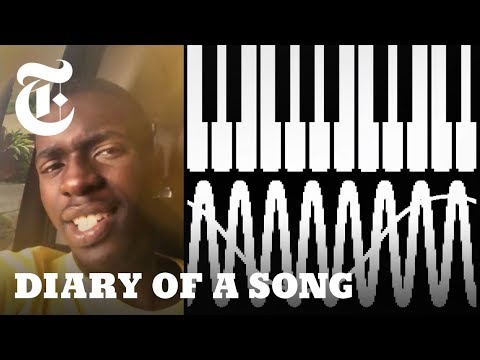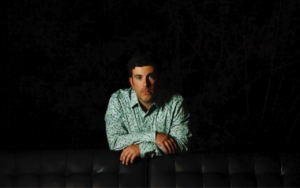
How independent artists can take advantage of new paradigms in the music biz.
Many musicians today are stuck with 20th-century habits, sweating over ten songs for two years, releasing an album, touring it for another year. Repeat.
That’s understandable. It’s the way things got done forever, and many major label artists are still releasing and promoting music according to that familiar cycle.
But the world has changed. The rise of independent music, along with speedy and affordable digital technologies, means there are NEW opportunities that require you to think in new ways.
Three opportunities in the new music industry:
1. You can keep working your older songs
With social media and targeted online advertising, you can directly reach new audiences where THEY are and convert them into fans by serving up your most proven songs and videos of yesteryear — even if that music is 50 years old — because your oldest material will always be new to billions of people, unless you’re Ed Sheeran.
2. Your catalog is more powerful than ever
The more music you make, the bigger your catalog. And the size of your catalog matters in a world where content is “evergreen.” As I mentioned above, digital music doesn’t have a shelf life when you’re thinking about reaching new listeners. The more songs you get out there, the more hooks you have in the water.
Also, lucrative sync licensing opportunities have nothing to do with release dates. Supervisors want the right song, not the newest song. Freedom!
Sure, release dates matter as much as ever when you’re thinking about press and blog coverage. Lucky for us though, traditional media attention matters a lot less when you can go straight to your target audience and control HOW and WHEN you make your first (or follow-up) impression.
3. You can fail FASTER until you find a song that succeeds
As our recent article about Lean Music Methodology encourages: Ship, Ship, Ship!
“Ship” meaning: get stuff out there quicker. You should be taking more chances, creating more music, testing different approaches, collaborating with more people.
Why? For all the reasons mentioned above:
- It’s cheaper to record than ever
- The more music you make, the bigger your catalog (which can generate both short and long-term revenue in numerous ways)
- The more data you can gather on what’s working, and with what audiences — crucial info for audience building efforts
But here’s another reason: We can be TOO precious about our art. We hold back until we’ve either made something “perfect” or gotten so sick of the process that we give up and release the music halfheartedly. And truthfully, neither of those outcomes have much to do with how our LISTENERS will enjoy the music. For them, our “good enough” is just as good as “perfect.” Sometimes it’s even better.
Time spent creating is NOT necessarily a measurement for quality or viability. Lots of my favorite albums were recorded in very few takes, with a pretty spontaneous spirit.
And think about Sheck Wes’ recent success with the track “Mo Bamba” — written, produced, and recorded in 20 MINUTES! (Video above).
If the story of that song teaches anything, it’s this:
Get it done. Put your music out there. The faster you fail, the quicker you’ll succeed.
Plus, sometimes we’re the worst judge of our own music, so you should give every song the chance to find its audience.
